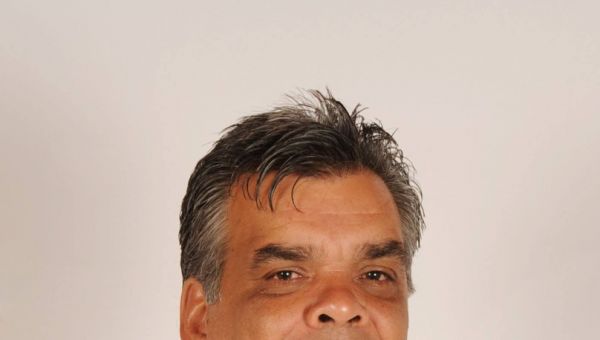Ilha Graciosa is one of the nine islands that make up part of the Azores Archipelago. The island is 64 km2 and is home to 4,200 inhabitants.
The president of the parish of Vila da Praia da Graciosa, Manuel José da Silva Ramos told The Portugal News about the various customs of the island as well as future projects.
Vila da Praia da Graciosa has plenty of traditional customs such as a “philharmonic band, folklore groups and the natural talent of the inhabitants for musical arts,” said Manuel Ramos, who also mentioned that it is usual to hear “during summer afternoons” people playing the piano in their houses. The president of Vila da Praia da Graciosa also highlights that the habitants are “proud of their traditions” and try to keep them alive.
Jose da Silva
Development
Manuel José da Silva Ramos started his mandate in 2013, being elected again after every new election until the current day. The president wanted to embrace a project that would enhance the “economic, social and cultural fields.” The first two works were aimed to serve the population of the parish. First, there was free beach furniture placed at the beach, such as umbrellas and sun loungers as well as leisure equipment for the bathers to use. The other “important project” led by the parish was the “total makeover of the Parque de Campismo do Pinheiro.” After the works, the camping park, according to Manuel Ramos, became a place of “excellence” where direct contact with nature will greet every visitor.
The president of Vila da Praia da Graciosa is also a deputy in the Legislative Assembly of the Autonomous Region of the Azores. In the Assembly, the deputy has already presented “various proposals” to enhance the development of his island.
Travel to the island
To get to Ilha Graciosa there are “daily air connections with Lisbon”, however, travellers may wait a few hours at one of the “lay overs” in São Miguel or Terceira, depending on the time of the year of the flight. This only happens because the Ilha Graciosa airport does not have the capacity for bigger aeroplanes to land or take off. Still concerning the transport and the connection between the island and continental Portugal, Manuel Ramos mentions that “there is still a lot to do”, to facilitate the connections, especially reducing the waiting times and making the prices more affordable.
When arriving on the island, visitors may choose between “pedestrian trails, boat trips, a visit to the caves, diving, direct contact with the island culture and gastronomy” as well as beach areas with warm water “in the middle of the Atlantic Ocean.” All in a place that was classified by Unesco as a Biosphere Reserve.
Manuel Ramos believes that Ilha Graciosa has great touristic and economic potential, however, “it has not been exploited much.” On the island eight million litres of milk per year are produced and fishing activity with gains above a million euros every year. Ilha Graciosa also produces wine and garlic, which according to Manuel Ramos both have “expanding potential.” The traditional sweets may also be a feature when it comes to expanding the visibility of the island. The Queijadas da Graciosa will are sure delight everyone that tastes it.
For now, the president of Vila da Praia da Graciosa intends to “continue the projects initiated in 2013.” Enhancing the potential of the parish and investing in touristic promotion, as well as to start a “digital transition” next to the population by offering training in using new technologies, which are “a fundamental tool to combat the geographical isolation.”
Manuel Ramos told The Portugal News that Ilha Graciosa “deserves better promotion”, especially in the touristic sector. It was also stated by the president that it is necessary “to sell in bigger quantities” the products of the island, while it is also needed to “find markets that value the products” that will make “this little paradise in the middle of the Atlantic” more well known.
Deeply in love with music and with a guilty pleasure in criminal cases, Bruno G. Santos decided to study Journalism and Communication, hoping to combine both passions into writing. The journalist is also a passionate traveller who likes to write about other cultures and discover the various hidden gems from Portugal and the world. Press card: 8463.














